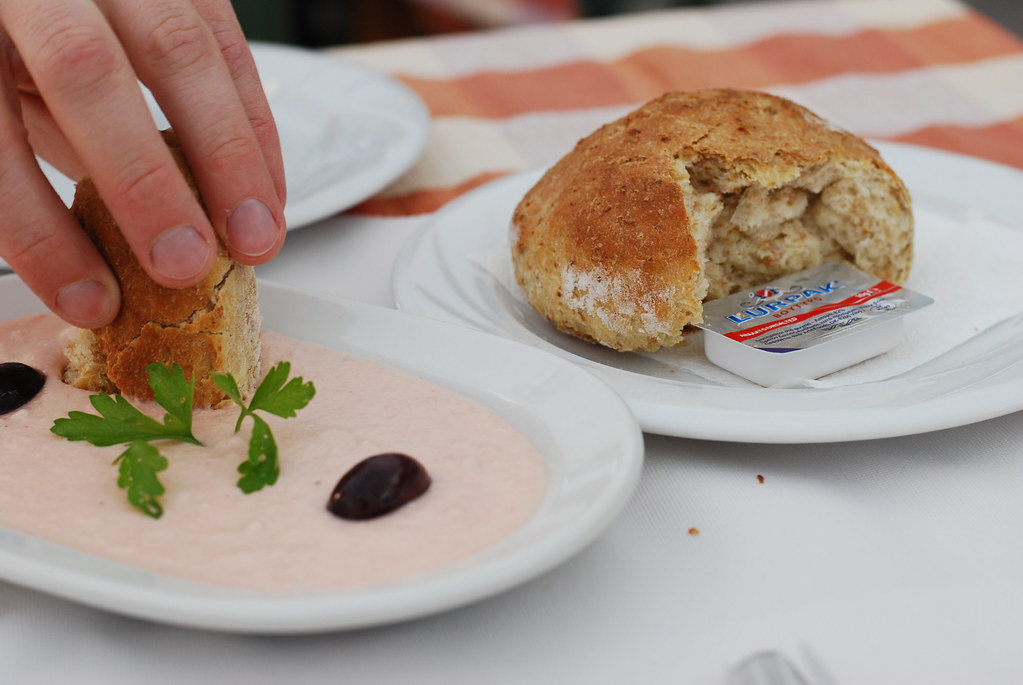What is Clean Monday in Greece? Where can I go in Greece to celebrate Clean Monday? What is the history of Clean Monday? In this article, we tell you about the meaning about the national holiday of Clean Monday, the start of the Easter Lent period, and how to celebrate Clean Monday in Greece.

Carnival Season in Greece
The carnival season is in full swing in Greece in February and March with plenty of dance, music and celebrations taking place ahead of the Easter Lent period.
Superheroes, masked villains and colorful costumes of all types can be seen on the streets with festivities peaking this upcoming three day weekend. The carnival season is known as “Apokries”, which literally means saying goodbye to meat.
See Also: Carnival Season in Greece
The final day of the Carnival is on Monday (March 18), known as Clean Monday, a day which marks the start of Lent and is a public holiday in the country.
What Happens on Clean Monday in Greece?
Every year on Clean Monday, many take to parks and outdoor areas to go picnicking and fill the Greek skies with colorful kites.
Kite Flying on Clean Monday
Releasing a kite in the air is said to symbolize the freeing of the body from sin, while others see it as representing the passing of the human soul to heaven and God. Whatever the symbolism, kite flying is a lot of fun on a day that often provides the ideal windy conditions.

Even first-timers can take part as many of the lighter kites sold at stores and by street vendors can easily take to the skies.
Although traditional wooden kites are now less common and it is more easy to find plastic kites, there are still traditional kite makers in Greece.
See also: Best Areas for Sailing in Greece
Food on Clean Monday
The day is also a treat for the taste buds. On Clean Monday, meat isn’t on the menu and people instead consume a lot of olives, seafood—in particular, shrimp, octopus – taramosalata, and halva. These are typical foods which Orthodox Greeks eat during the Easter Lent period.
Taramosalata
This is a traditional dip which is from cured fish eggs and mixed with oil and bread crumbs. It is usually spead on “lagana,” a special unleavened flatbread which is baked only before Clean Monday. The history of lagana goes back to the Old Testament.

Halva
Halva is another famous dessert in Greece. Although it seems confusing, there are three desserts in Greece with the name halva. The most popular kind is the halva with tahini (sesame paste), sugar, and honey. Some other kinds feature nuts or raisins.
Second, semolina halva includes semolina, vegetable oil, and simple syrup. Finally, the least common version of halva is made in the Farsala area of Thessaly, near Meteora. This version is made with vegetable oil, sugar, corn flour and almonds, and it resembles a jelly.









